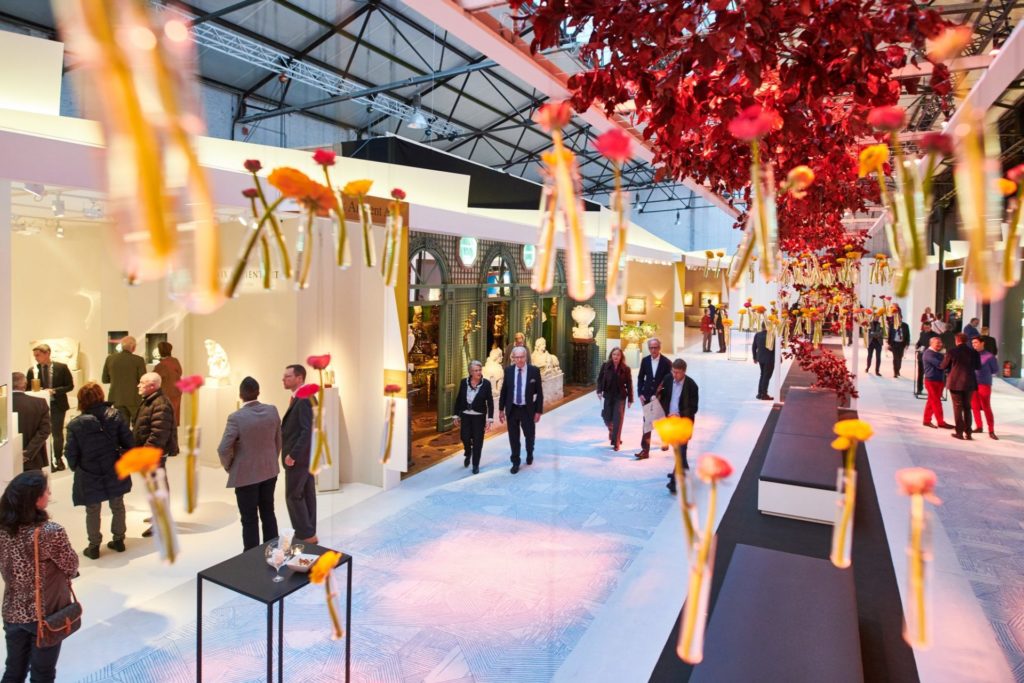The Federal Public Service Economy, Customs and Interpol together seized on Monday morning around 30 archaeological materials and pieces of tribal artwork from the prestigious Brussels Art Fair.
The objective of the operation was to ensure compliance by exhibitors with legislation related to economic law, in particular laws concerning the import, export and transit of goods.
As one of the most important art events in Belgium and with so many eminent merchants concentrated in one place, it is normal that the FPS Economy was interested in carrying out routine checks at the Brussels Art Fair (BRAFA), the deputy spokesperson of the FPS Economy, Étienne Mignolet, explained to L'Echo.
It is "normal that checks take place," said the president of BRAFA, Harold t'Kint, who added that Monday's check was "routine," like almost every year.
However, due to "suspicions around the authenticity and origins" of some of the artwork, during the check, inspectors requested documents and certificates from exhibitors relating to their artwork and seized around 30 objects from four exhibition stands that were both Belgian and foreign-owned.
Exhibitors were not given the opportunity to consult a lawyer.
Pierre Dartevelle, who opened the first gallery specialising in primitive art in black Africa in 1969 at the Grand Sablon, felt that the incident was an insult to the profession. While "gallery inquiries are normal... police checks in the middle of BRAFA are less [normal]," Dartevelle explained.
In addition, during the opening of the art fair on Friday, two merchants from both Mali and France were arrested.
Held from 26 January to 2 February 2020, this year's BRAFA sees 133 Belgian and international galleries gathered on the site of Tour & Taxis.
Evie McCullough
The Brussels Times

